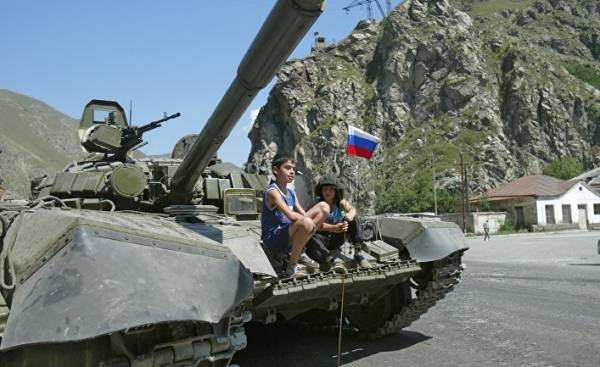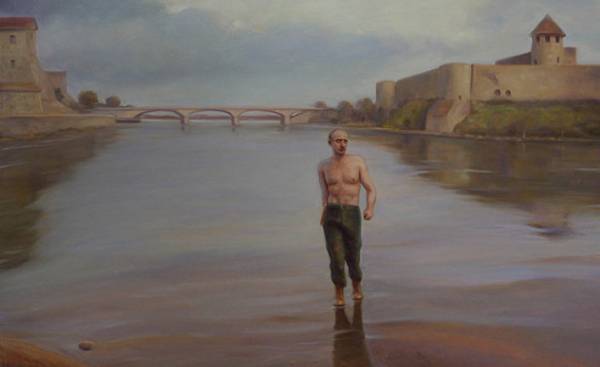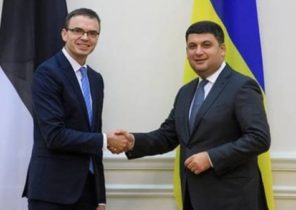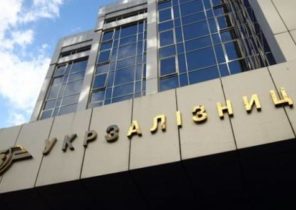
Russian President Vladimir Putin called the collapse of the Soviet Union “the greatest geopolitical catastrophe of the XX century”. Although Putin is a bit exaggerated, if you remember about the First and Second world wars that occurred in the same century, the collapse of the Soviet Union was still a great political drama. And this drama is the breeding ground for today’s conflicts.
Relations between States-rounds and client States — a special section of political science. And there is hardly a lot of places, so suitable for exploring the relations between patron and client than the former Soviet Union. In this part of the world well know that geography is destiny. It is known in Transnistria in Moldova, Abkhazia and South Ossetia, which under international law are part of Georgia. It is known in under the control of the separatist Donbass region in Ukraine, and in Crimea, which Russia annexed in March 2014.
Therefore, the Norwegian University centre in St. Petersburg last week is the way organized a seminar, which was attended by well-known Norwegian and Russian researchers of this problem. There has been arguments in favor of the view that the breakaway Russian Republic of Chechnya, where Islamists in 1990-2000-ies tried to create its own “Emirate,” also fits into the classification as a Russian client state.
But how Russia treats its States customers? In some of them she actively is engaged in public construction, such as in Chechnya and in the Crimean Peninsula. In other Russia is doing the opposite, almost taking the form of suppression of the state, as, for example, in rebel-controlled parts of Donbass in Transnistria. And in Abkhazia and South Ossetia, Russia does something average, however, provides political and military support.
In all cases, with the possible exception of Chechnya and Donbass — the population of the respective regions supports Russia in the role of patron. In all these regions was the war that led to separation in Chechnya attempt to separate from the state, of which the regions were. In most regions the most important reason that Russia became a state-shell, was the fact that the interests of Russian and bearers of Russian culture was subjected to pressure. It was presented as a justification for the separation of Transnistria from Moldova, and Crimea and Donbas from Ukraine.
Protection of interests of Russian and Association of Russian territory — an important reason to take on the role of the state of the cartridge, said Godzimirski Jakub (Jakub Godzimirski) from the Norwegian foreign policy Institute (NUPI). His colleague from the same Institute Blakkisrud Helge (Helge Blakkisrud) believes that the state assumes the role of patron, there is something paradoxical. He says that Russia heavily subsidizes state budgets of Transnistria, Abkhazia and South Ossetia. The same is happening in the Donbass and the Crimea, in Chechnya for the restoration of the war-torn country and turning it into a model a model Muslim Republic left a huge amount of money.
Sergey Markedonov of Russian state University stressed that not too ideologically accept the words of the President of Russia Vladimir Putin. For the role of the cartridge is not hiding any long-term strategy. He believes that Putin is in all cases respond to problems when and where they appeared. Helge Blakkisrud agree with him, he believes that Russia is simply “in trouble” in the situation as a large state-holder. He also stresses that we should study each case individually, because the support of nation — building in the Russian interests, while in other places the interest of Russia is the opposite.
In three regions from those mentioned, Transnistria, Crimea and Donbas there is a strong nostalgia for the Soviet Union. There out on the streets with portraits of the dictator Joseph Stalin, Soviet flags, to remember the lost Paradise. And longing for the fact that they are his Paradise lost, in these regions, represent the carriers of Russian culture. In their regions they often were the elite, and in the new States that emerged after the collapse of the Soviet Union, have become a minority and political fringe. This is the historical framework of what Putin calls the greatest geopolitical catastrophe of the XX century.
 © Kaj StenvallКай Stenvall “Putin at the Narva river in March 2014”
© Kaj StenvallКай Stenvall “Putin at the Narva river in March 2014”
“If you get in trouble” if Russia in the relations with another state client? In this case, it is likely that it will be Narva in Northern Estonia, 82% of which are ethnic Russian. It satisfies the criteria of unification of territories with predominance of Russian. But the price of such a venture would be enormous. There will be war with NATO in accordance with the Charter of the organization. It is something completely different than the old Soviet Paradise in the Donbass.






